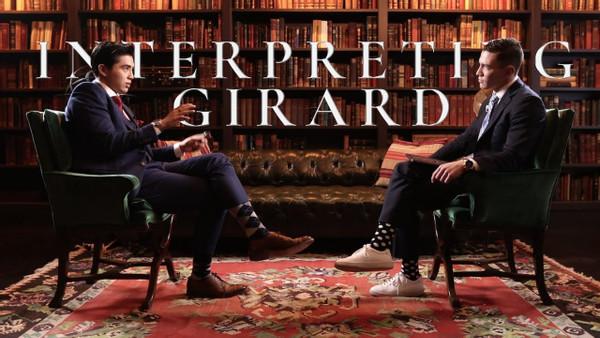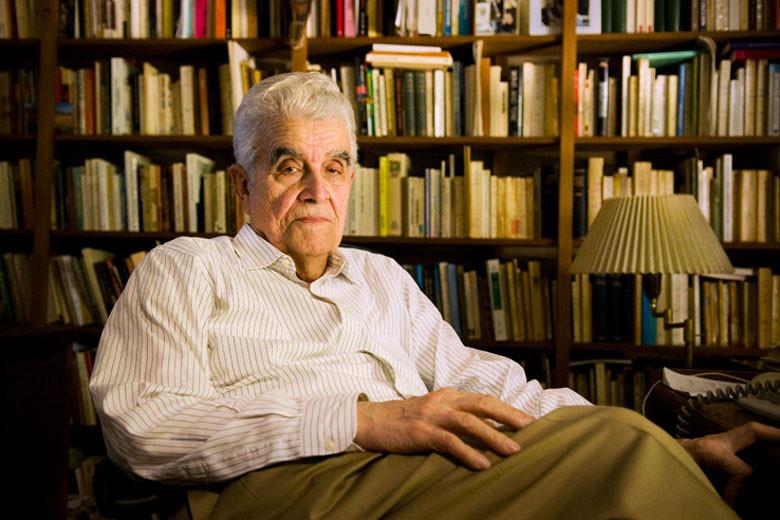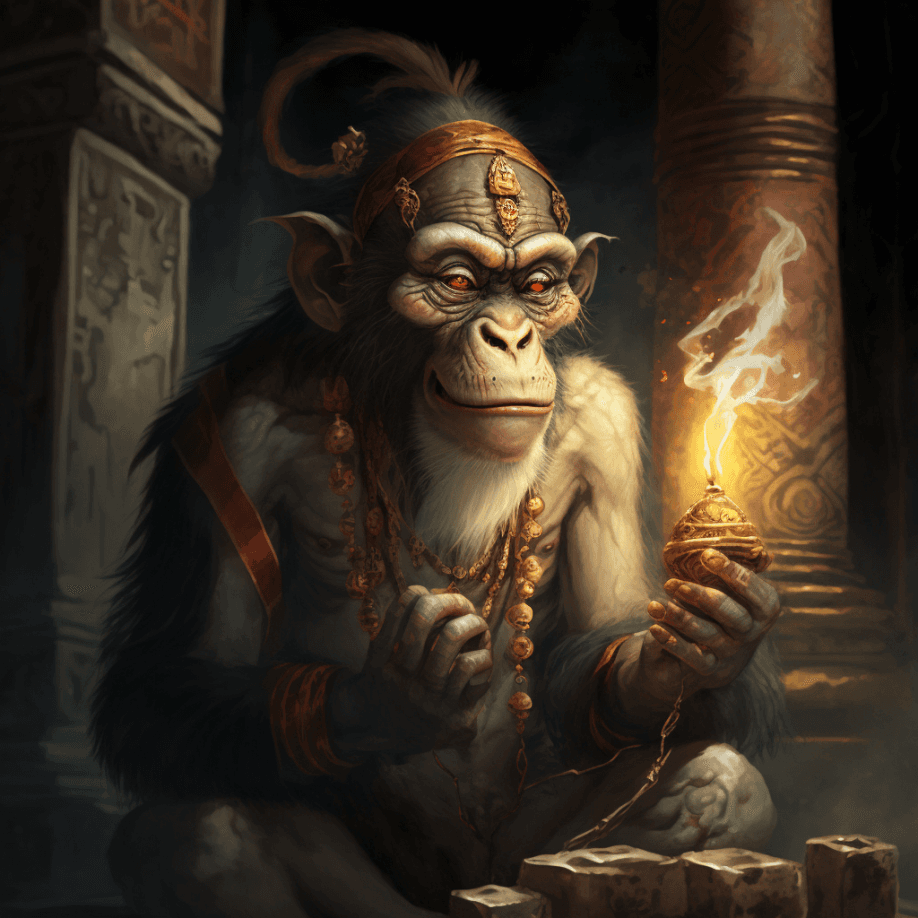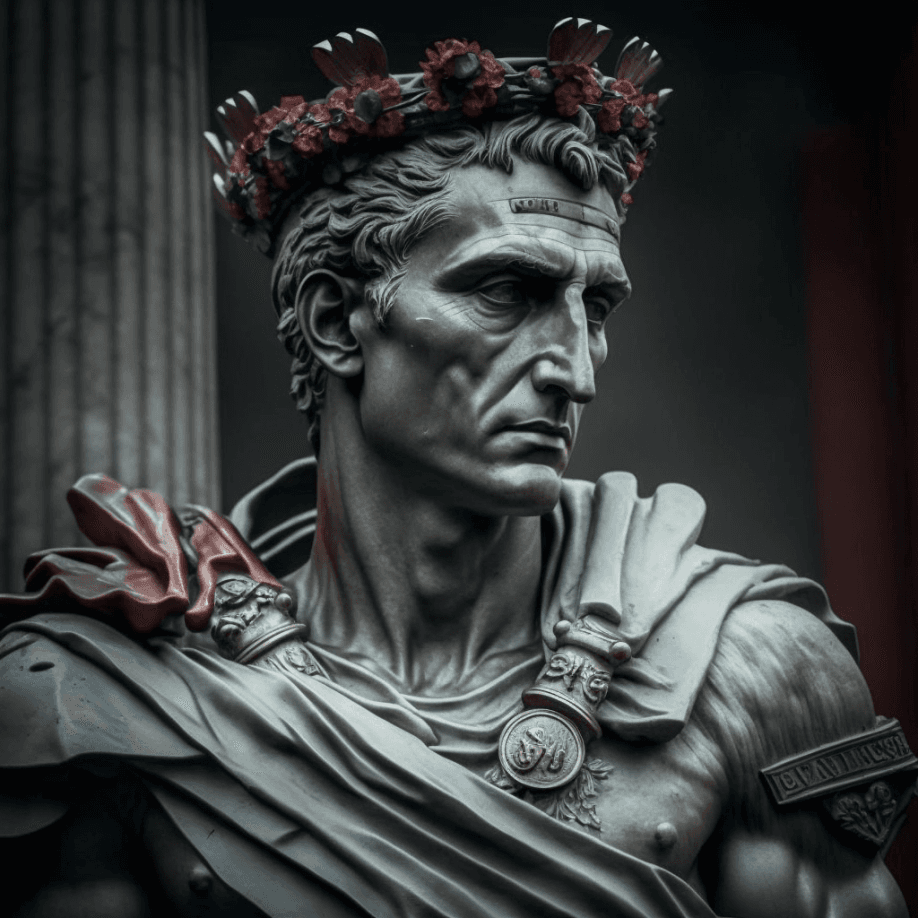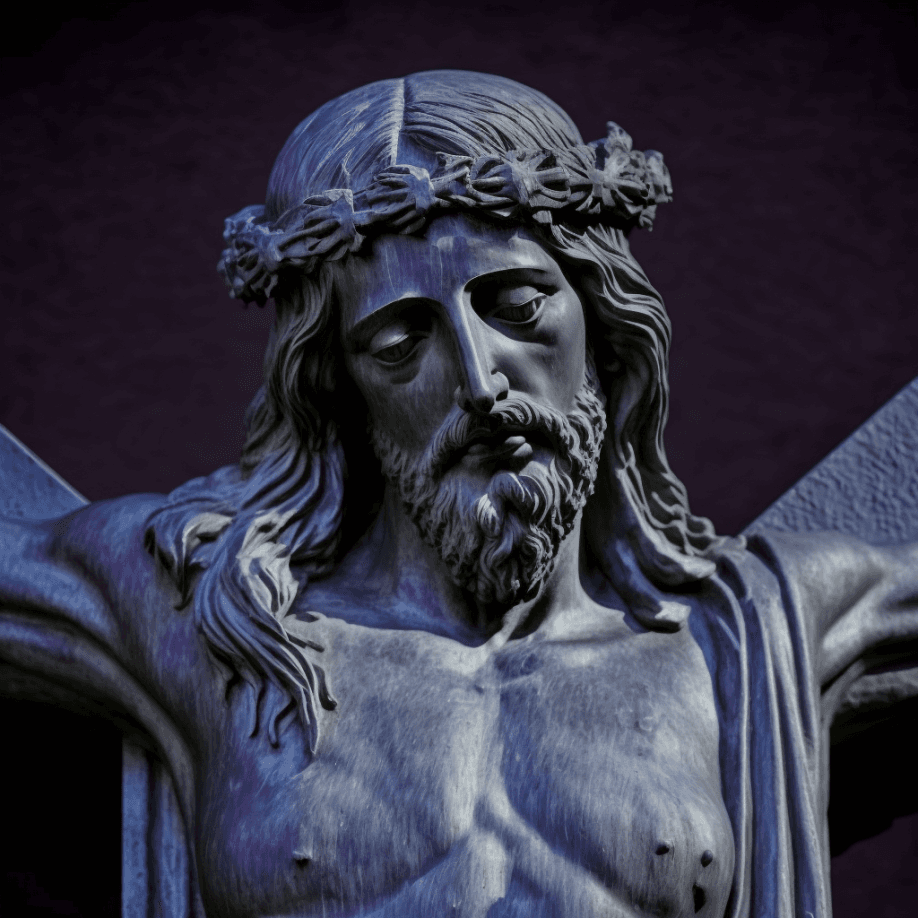René Girard's Mimetic Theory - Lecture 1
Curated from: Johnathan at Limbo
Ideas, facts & insights covering these topics:
7 ideas
·1.01K reads
14
Explore the World's Best Ideas
Join today and uncover 100+ curated journeys from 50+ topics. Unlock access to our mobile app with extensive features.
René Girard
A French philosopher he developed a unique worldview based on the concept of mimetic desire. According to him, human beings are constantly seeking to imitate and emulate the desires of others, and this process of imitation drives much of human behavior and social dynamics.
His main idea is that desire is always mediated through the desires of others, and that this process of imitation creates conflicts and rivalries that are fundamental to human society.
He is gaining a lot of praise recently with lots of Silicon Valley luminaries listing him as a major intellectual influencer.
12
208 reads
Mimetic Desire
Girard observed that our desires are social. We rarely desire an object for it's intrinsic functional qualities. We usually use the objects as proxies for an identity we envy.
Desire are not fixed or innate, but rather constantly changing & under the influence of the people we encounter.
We can see this in advertising, when we buy sneakers to be like Jordan, not to run a marathon. When we date a certain person because others will see us a certain way and so on.
13
155 reads
Spirited Animals
For Girard, we are different than animals because of our desires, our myths, our lies. We invent stories, we go to war for abstract concepts etc. This is a the object of his psychological focused philosophy.
Similar to how class was the nexus of socialism, how casts worked in Hinduism, or rationality in liberalism.
10
141 reads
Girardian Scapegoating
According to Girard, is a social mechanism that arrises from a cataclysmic event. A troubled society murders an "innocent" victim (blamed for all evils) & thus gains cathartic release and gains new new Gods. This event is dramatised, captured in myth and then translated back into the society in the form of rituals & prohibitions.
Ex: Julius Caesar is ritually killed as he is blamed for the fall of the Republic. However, as his nephew becomes emperor, Caesar becomes a God. And later on an institution emulated by all rulers.
11
130 reads
The Uniqueness of Christian Scapegoating
The Christian mythology follows the same Girardian arc: civil unrest in Judea, Jesus crucified as a scapegoat, turned into a God, institutionalized through the church.
However, the unique element is that the story is told for the perspective of the victim, rather than of the accusers. In the Bible, the victim is innocent, the crowd was mistaken.
It is this unique care for the victim that spills into our modern worldview and institutions: from human rights to work ethic. In a sense we all live in a Christian society even if we don't consider ourselves as Christians.
11
121 reads
The mechanism to protect against violence
For Girard, violence is natural. But modern day seems quite peaceful. And Girard credits 2 institutions:
- capitalism: which Girard sees it as a status seeking game more than a rational transfer of resources.
- laws: a set of institutions that mediates disputes and acts as a monopoly on violence
For Girard capitalism is this stew of violent energies that needs to be contained through laws. One can not function without the other.
10
118 reads
It's no wonder the European aristocracy went into business as soon as heroes and warriors went out of fashion.
RENÉ GIRARD
10
143 reads
IDEAS CURATED BY
Life-long learner. Passionate about leadership, entrepreneurship, philosophy, Buddhism & SF. Founder @deepstash.
CURATOR'S NOTE
Basic Girardian ideas beautifully presented by a young philosopher, Jonathan Bo, in conversation with David Perell.
“
Vladimir Oane's ideas are part of this journey:
Learn more about religionandspirituality with this collection
How to make rational decisions
The role of biases in decision-making
The impact of social norms on decision-making
Related collections
Similar ideas
3 ideas
Jordan Peterson with Robert Breedlove discussing fiat & bitcoin
Robert Breedlove
7 ideas
17 ideas
Read & Learn
20x Faster
without
deepstash
with
deepstash
with
deepstash
Personalized microlearning
—
100+ Learning Journeys
—
Access to 200,000+ ideas
—
Access to the mobile app
—
Unlimited idea saving
—
—
Unlimited history
—
—
Unlimited listening to ideas
—
—
Downloading & offline access
—
—
Supercharge your mind with one idea per day
Enter your email and spend 1 minute every day to learn something new.
I agree to receive email updates
